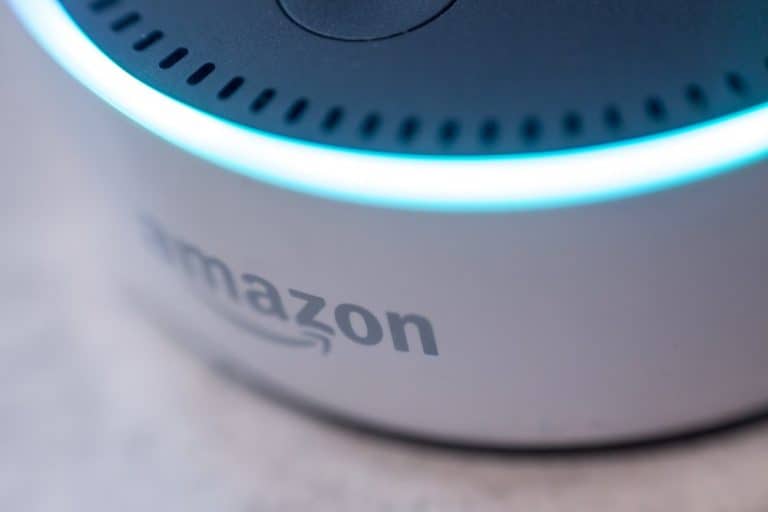In a new study by Amazon.com, the online shop delves deeper into a question that logically occupies many shops: why do many users buy products that are not marked as relevant by their own service?
A tip of the veil will already be lifted in January, while the full research will only be discussed at the ACM Web Seach & Data Mining conference in February. That study will look at the use of voice shopping (as with Alexa) and the products that are then actually purchased.
Amazon mentions as an example the use of the assignment: ‘Alexa, buy hamburgers’. Where the webshop would mark the purchase of actual edible burgers as relevant, that product might then not be purchased. However, the user in question added a patty press for making hamburgers to their shopping trolley, and the order was completed: all while the product had initially been labelled ‘irrelevant’.
Improved search results for users
The research examines what reasons people have to order products that may initially be seen as irrelevant, but in a certain way still make sense. This should eventually lead to a way to improve the algorithms of speech search commands. The goal is to show better search results in order to better serve users.
By analysing the data of users, Amazon came to the conclusion that there were certain aspects to the reason to buy irrelevant products. First of all, it was found that it is quicker to buy something that is currently popular on Amazon, or if it is a cheaper, less relevant alternative. In addition, there was also a clear separation between certain categories of products. With toys and digital products, users are more likely to buy something that is considered irrelevant: this was not the case for groceries and beauty products.
